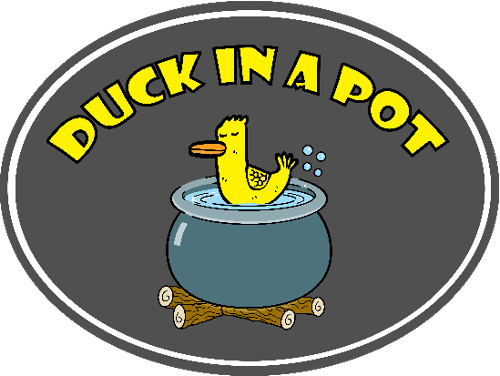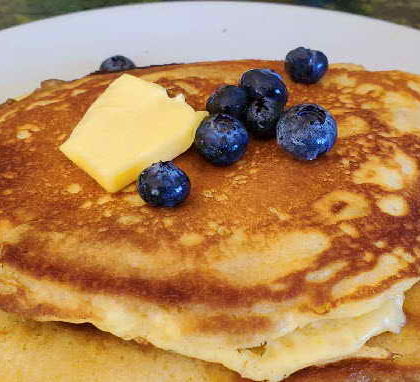Ingredients:
1 ½ cups all-purpose flour
1 tablespoon white sugar
1 teaspoon salt
1 teaspoon baking powder
1 teaspoon baking soda
5 tablespoons butter, melted
1 egg (yolk and egg separated)
1 ¼ cups buttermilk milk or milk turned into buttermilk (If you don’t have buttermilk, add 2 tablespoon of lemon juice or vinegar to milk for 10 minutes to make it buttermilk.)
Step One: Combine dry Ingredients with whisk
1 ½ cups all-purpose flour
1 tablespoon white sugar
1 teaspoon salt
1 teaspoon baking powder
1 teaspoon baking soda
Step Two: Combine wet Ingredients with whisk
5 tablespoons of melted butter
1 egg (yolk only)
1 ¼ cups buttermilk milk
Step Three: Combine wet and dry with rubber spatula
Add the wet Ingredients to the dry ingredients
Gently mix until just combined with rubber spatula
Do not over mix the batter.
It should be lumpy and you can see some of the flour
NOW…Add the egg white to the batter and fold in until just combined
Step Four: Take a break
Let the batter rest for 15-30 minutes
Step Five: Flapjackin
Add butter to the bottom of a cast iron pan and heat.
Pour batter, flip when bubbles
Serve
Pancakes have been around for centuries as a favorite staple in many cultures’ diets. They began over 30,000 years ago during the Stone Age. Researchers have found pancakes in the stomach of Otzi the Iceman; human remains dating back 5,300 years.
In ancient Greece, pancakes were made from wheat flour, olive oil, honey, and curdled milk. Ancient Greek poets, Cratinus and Magnes wrote about pancakes in their poetry. Shakespeare even mentions them in his famous plays. During the English Renaissance pancakes were flavored with spices, rosewater, sherry, and apples.
The name “pancake” started during the 15th century but became standard in 19th century America. Previously, they were called Indian cakes, hoe cakes, johnnycakes, journey cakes, buckwheat cakes, Buckwheats, griddle cakes, and flapjacks. Early American pancakes were made with buckwheat or cornmeal. Thomas Jefferson loved them so much he sent a special recipe to his home town from the White House.


